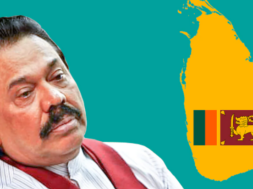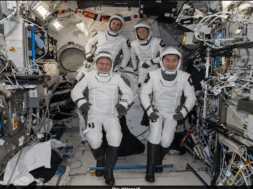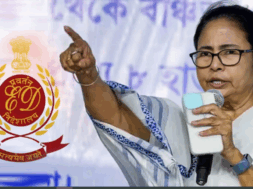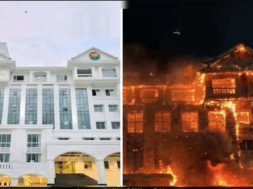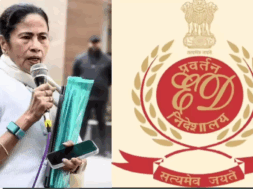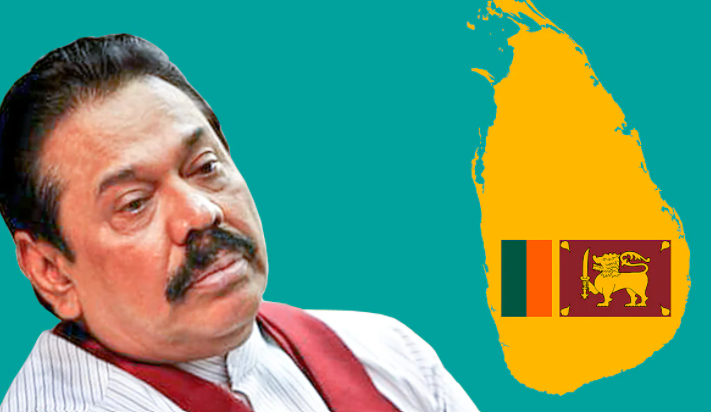
No longer Sone ki Lanka: Colombo faces severe economic crunch, seeks bailouts
Virendra Pandit
New Delhi: Contrary to its mythological image via the epic Ramayana, Sri Lanka is no longer an island of gold. It is facing such a severe economic crunch that two of its major newspapers have suspended print editions because of a shortage of newsprint, the government has postponed students’ examinations because of the scarcity of paper used in making answer sheets, and the beautiful Indian Ocean island country is seeking bailouts from India and the IMF, among others.
Sri Lanka’s gross foreign currency reserves dropped 24 percent from USD 3,137 million in December 2021 to USD 2,361 million in January 2022, amid debt repayments and possible interventions, the media reported.
In February, India had extended a USD 500 million line of credit to Colombo to buy petroleum products and in March another USD 1 billion line of credit, as part of its financial help to help the country deal with the economic crisis.
When External Affairs Minister S. Jaishankar arrived in Colombo on Sunday for the BIMSTEC meetings, his Sri Lankan counterpart, Prof. G.L. Peiris, sought an additional credit line of USD 1 billion from New Delhi to import essentials amid its worst economic crisis in decades, the media reported on Monday.
The Covid-19 pandemic has caused this severe foreign currency crisis since 2020, as it dried up revenues from the lucrative tourism sector. Also, because of job losses, Sri Lankan expatriates could not send remittances that contributed foreign currency significantly to the national exchequer. Since January 2020, the country’s foreign exchange reserves have dropped 70 percent, leading to currency devaluation and fervent efforts to seek help from global lenders.
As a result, Sri Lanka has been facing an acute economic crisis as it struggles to buy essentials like food and fuel. Reports said India could meet its request for a fresh credit line to be used for importing essential items such as rice, wheat flour, pulses, sugar, and medicines.
Early this month, Sri Lankan Finance Minister Basil Rajapaksa had signed a credit line of USD 1 billion in New Delhi to help pay for critical imports.
Because of the foreign exchange crunch, Colombo has stopped the import of paper, including newsprint, and postponed the holding of students’ examinations.
On Saturday, Sri Lanka’s two major newspapers suspended their print editions over newsprint shortage and price escalation caused by the country’s worst-ever foreign exchange crisis.
The Island, an English daily along with its sister Sinhala paper Divayina, ceased to print because of the newsprint scarcity and price rise. “We regret to inform our readers that we have been compelled to suspend the publication of The Island print edition on Saturday until further notice in view of the newsprint shortage,” its publisher, Upali Newspapers Ltd, said in a statement.
The import costs of newsprint shot up after the government’s decision early in March to float the Sri Lankan rupee against the US dollar. The Island, which has been in print since October 1981, will now function as an e-paper.
A sudden rise in prices of essential commodities and acute fuel shortage has forced millions of Sri Lankan people to queue up for hours outside petrol filling stations and other shops. They are also facing long hours of power cuts daily.
According to the media reports, all essentials are in short supply because of import restrictions forced by the foreign currency crisis. Apart from Indian assistance, Colombo is preparing to approach the International Monetary Fund (IMF) for an economic bailout.
